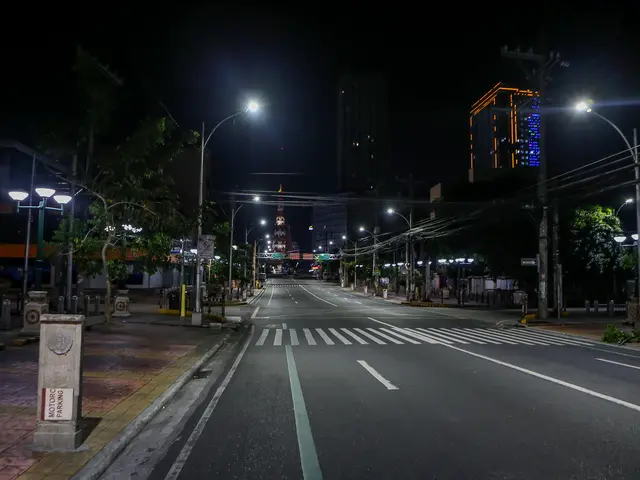Philippine President Rodrigo Duterte has declared a unilateral ceasefire with leftist guerrillas amid the COVID-19 threat in the whole country, his spokesperson said on Wednesday.
The Philippines on Monday imposed a strict 30-day quarantine across Luzon island and particularly Metro Manila as a precautionary measure to slow down the spread of the COVID-19. The lockdown will run until April 12.
"In view of the imposition of the enhanced community quarantine in Luzon, Duterte has decided to declare a unilateral ceasefire against the Communist Party of the Philippines (and its armed wing), the New People's Army (NPA) rebels, effective midnight Thursday to midnight of April 15," Salvador Panelo said.
Panelo said Duterte has already directed the country's Department of Defense, Department of the Interior and Local Government, together with the Armed Forces of the Philippines (AFP) and the Philippine National Police (PNP), "to cease and desist from carrying out offensive military and police operations during the ceasefire period."
"Both of these departments shall issue the corresponding orders to implement the declaration of the unilateral ceasefire, including the suspension of offensive military and police operations," said Panelo.
He hoped that the ceasefire will pave the way for a swift delivery of public health assistance and unimpeded movement of health workers and medical supplies to communities especially to the people in need of immediate medical attention.
COVID-19 cases in the Philippines has risen to 202, the Philippines said on Wednesday.
The Philippine Department of Health (DOH) said the number of deaths has also risen to 17. Seven patients have recovered from the highly contagious disease so far, the DOH added.
The rebel group, however, has yet to respond to Duterte's ceasefire declaration.
The NPA rebels have been fighting the government since 1969, making it one of Asia's longest-running insurgencies. They concentrate their attacks in rural areas and small-scale skirmishes with the military.
(ASIA PACIFIC DAILY)
 简体中文
简体中文



